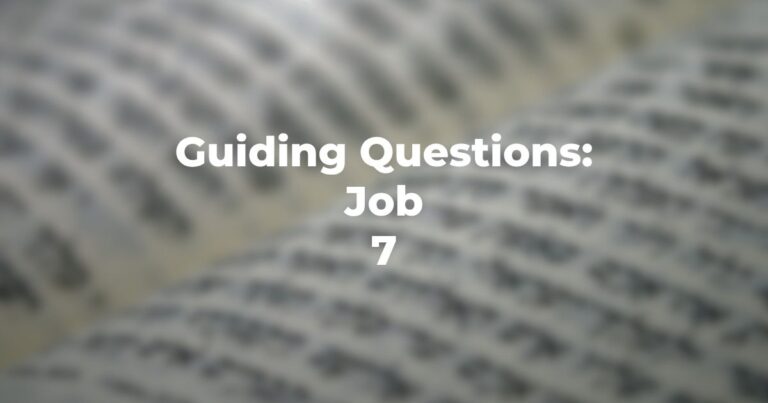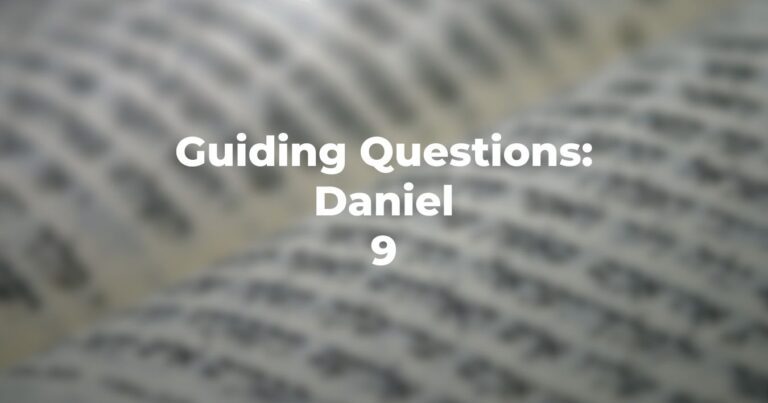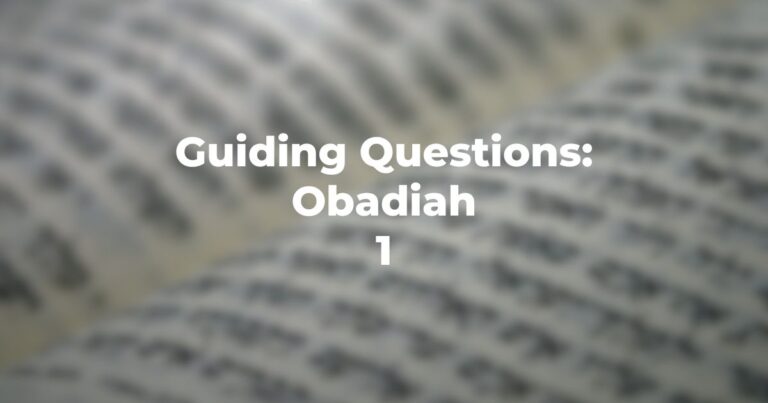- Abraham has everything. Does he think so? Is anything left to be done?
- Why is a hand under the thigh the ultimate sign of a binding oath for all time?
- What is Abraham’s “position” as to the possibility of his son “inter-marrying”? (Genesis 24:4–5)
- What is Abraham’s position as to his son leaving Canaan? (Genesis 24:8)
- And which of the positions ranks which?
- In Genesis 24:11, choosing this location is based on what expectation?
- In Genesis 24:12–14 what is the “test” of a maiden’s suitability for Isaac?
- What pleasant “coincidence” eventuates?
- What is the significance of “bowing to God” in Genesis 24:26 – and how is this explicated in Genesis 24:27?
- In ancient days, what was the role of an older brother re: his sister – and Lavan (meaning white as in “levanah” – “moon”) is (possibly) indicative of what worship pattern?
- And yet, in Genesis 24:31, what name for Divinity does he utilize?
- How is the devotion to responsibility reflected in Genesis 24:33?
- In Genesis 24:34–41, is the servant’s narration in any way different from the charge given to him by Abraham?
- In Genesis 24:43, is the descriptive “young girl” or “virgin”?
- What is the response to the request? (Genesis 24:50-51)
- In Genesis 24:57–58, who makes the final decision on the betrothal?
- In their blessing of Rivkah, is any Divinity mentioned?
- In Genesis 24:64, the literal translation of “vatipol” is “she fell off the camel”. Why? And, in Genesis 24:65, she describes the man she sees as “halazeh”, literally “strange” or “unusual”. What is the purport of these sentences?
- Where is Abraham in the denouement of this story? Why does the servant not report to him?
- Does Genesis 24:67 describe mutual affection?
Author
-

Exploring Judaism is the digital home for Conservative/Masorti Judaism, embracing the beauty and complexity of Judaism, and our personal search for meaning, learning, and connecting. Our goal is to create content based on three core framing: Meaning-Making (Why?), Practical Living (How?), and Explainers (What?).
View all posts




